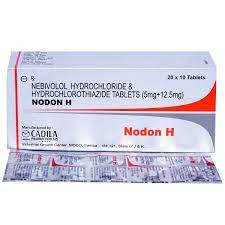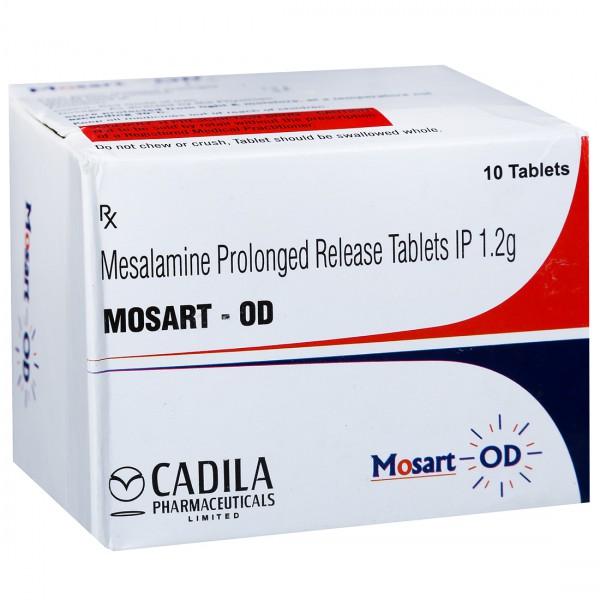divalcad
Divalcad 250mg Tablet ER falls under the class of anticonvulsants and mood stabilizing agents. It is prescribed to treat conditions like seizures and certain mood disorders.
It contains Divalproex which releases valproic acid in the intestinal tract, influencing neurotransmitters and channels in the brain. By elevating GABA levels, it induces a calming effect, while the inhibition of sodium channels stabilizes neuronal activity. Together, these actions help regulate abnormal electrical activity in the brain, making Divalproex effective in managing seizures and mood disorders.
For optimal results, it's essential to follow the doctor's guidance regarding the prescribed dose and duration. It can be taken with or without food, but maintaining a consistent daily schedule is recommended.
Common side effects include dizziness, sleepiness, tremors, paresthesia (tingling or pricking sensation), anemia, decreased sodium level in the blood, liver injury, gastrointestinal disturbance, hypersensitivity, deafness, urinary incontinence, increase in body weight, and pain during periods.
It can cause liver damage, especially in the initial six months of treatment Regular monitoring of liver function, including enzyme tests, is crucial, and individuals with preexisting liver conditions may require more frequent monitoring. There is an increased risk of pancreatitis with the use of it, and patients should be vigilant for symptoms such as severe abdominal pain, nausea, and vomiting, seeking medical attention promptly if they occur. Caution is advised in prescribing it to individuals with known or suspected mitochondrial disorders due to an increased risk of fatal hepatotoxicity.
In the event of a missed dose, it is recommended to take it when remembered. However, if the next dose is approaching, skipping the missed one is advisable to maintain the regular medication schedule. Taking two doses simultaneously should be avoided Consultation with a doctor is essential for guidance on managing missed doses effectively.

Similar Medicines
More medicines by Cadila Pharmaceuticals Ltd
Available in 3 variations

Divalcad 750mg Tablet ER
strip of 10 tablet er

strip of 10 tablet er

Divalcad ER 500 Tablet
strip of 10 tablet er
Disclaimer : This information is not a substitute for medical advice. Consult your healthcare provider before making any changes to your treatment . Do not ignore or delay professional medical advice based on anything you have seen or read on Medwiki.
divalcad
Prescription Required
Manufacturer :
Cadila Pharmaceuticals LtdComposition :
divalproex
















.svg)
